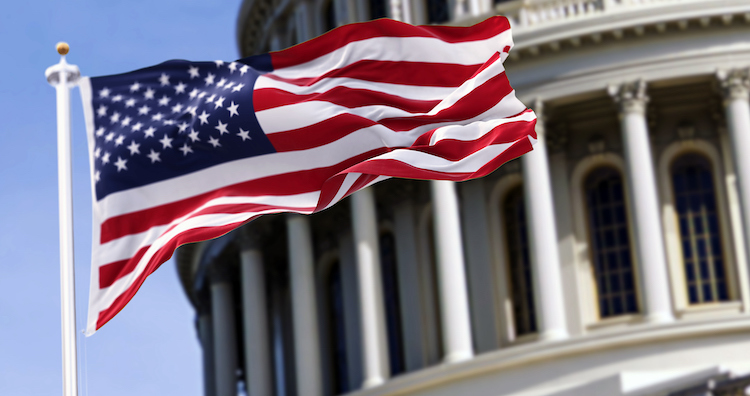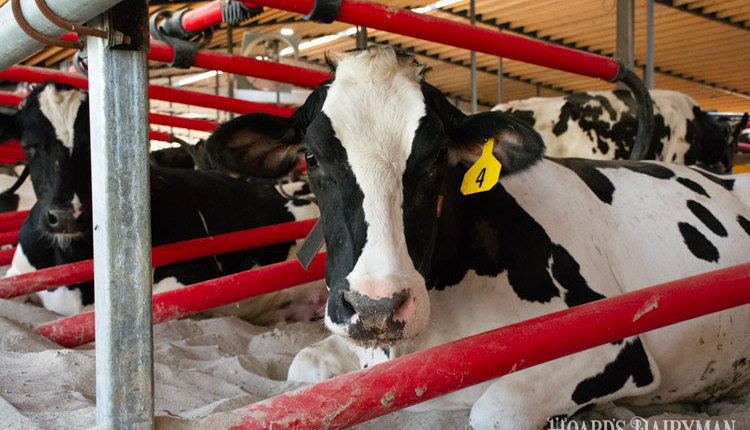
Parmesan. Feta. These are among the common cheese names that have been around for generations — and until the past 20 years, were uncontested in their use by U.S. dairy producers selling high-quality, commonly understood varieties in America and the world.
But an aggressive European Union (EU) campaign to use free trade agreement negotiations to confiscate common names through the misuse of geographical indication (GI) rules has seen American producers of cheeses like “parmesan” and “feta” forced in the past decade to withdraw from certain markets and have their products taken from store shelves.
A solution to this problem is making its way through Congress.
The bipartisan Safeguarding American Value-Added Exports (SAVE) Act was introduced in May. The legislation would spur greater action from U.S. administrations to prioritize the protection of common names. The SAVE Act would direct the secretary of agriculture to determine a list of common names frequently subject to GI restrictions around the world and deem restrictions on them by our trading partners an unfair trade practice. Currently, no such list exists, which gives the European Union and other foreign governments a free hand in claiming common names as GIs, despite them long being a part of the public domain.
The bill also directs the U.S. government to proactively negotiate the defense of generic name rights with foreign trade partners through all available avenues. It’s co-sponsored in the Senate by Senators John Thune (R-SD), Tammy Baldwin (D-WI), Roger Marshall (R-KS), and Tina Smith (D-MN). In the House, sponsors include Representatives Dusty Johnson (R-SD), Jim Costa (D-CA), Michelle Fischbach (R-MN), and Jimmy Panetta (D-CA). The congressional leads are likely to try to incorporate the SAVE Act into the upcoming farm bill text.
This effort wouldn’t be taking place without the hard work and advocacy of the dairy community. The Consortium for Common Food Names, in partnership with National Milk Producers Federation and U.S. Dairy Export Council, has been at the forefront of opposing bad-faith GI recognitions that restrict generic terms, including winning a landmark court case in March that preserves free use of “gruyere” in the United States. As important as the defense strategy has been, growing aggressiveness by the EU on GIs and persistent lack of action by previous U.S. administrations has made the Capitol Hill effort necessary.
The benefits of tackling illegitimate GIs would extend up and down the dairy supply chain. Farmers' and manufacturers’ international markets access would be preserved, consumers would have more choices at the grocery store, and retailers would benefit from the competition of more options and greater sales. Without adequate protection for generic terms, lost export opportunities due to GI misuse and rebranding to alter the name of a product translate to lower demand for fluid milk to make those products.
The SAVE Act is not a silver bullet. The EU will continue to push for illegitimate GIs in markets around the world. But after years of losing ground as American dairy farmers and producers had their rights violated and market opportunities lost, Congress has demonstrated that they are ready to take on this fight. NMPF has a call to action here for dairy advocates who wish to contact their lawmakers to support this important legislation. America’s dairy industry deserves nothing less than a fair playing field to compete in, and the SAVE Act is a key step to securing international market access for U.S. dairy farmers for generations to come.<








